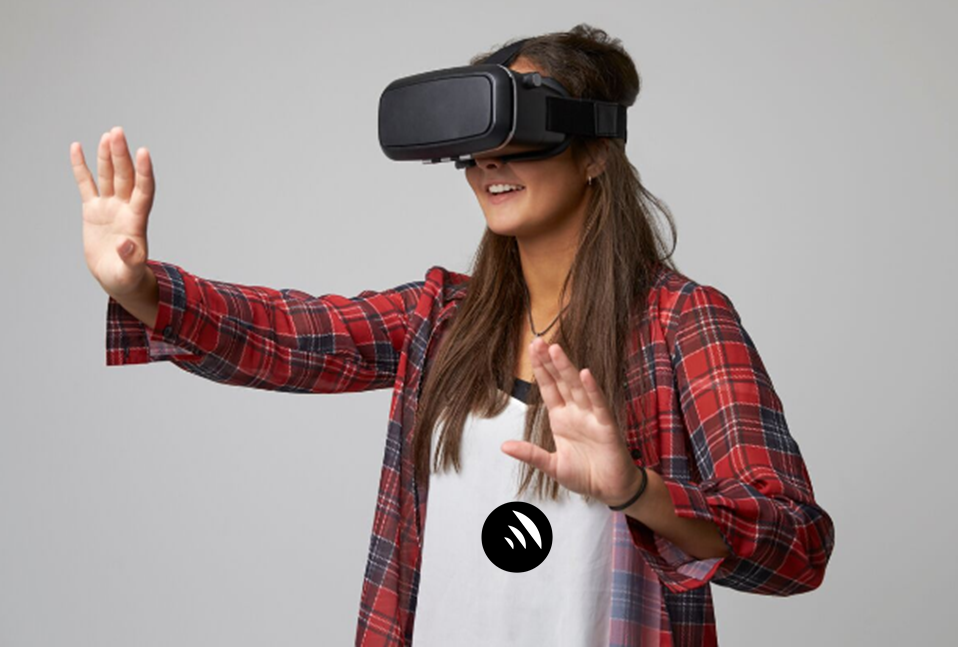Virtual reality applied to the treatments improvement in mental health
8 of February of 2018
The experts forecast a clear relevance of the Virtual Reality for the coming years. In early 2014, when Facebook acquired the company of devices Oculus Virtual Reality, the interest of this technology has not stopped growing, and some experts forecast market value of 7 billion dollars in 2018.
An ABI Research report, a technological consultant company, is expecting a quick growth of this market for the coming five years. It will grow an average of a 106% reaching the 43 million units in 2020. For the augmented reality smart glasses, a consultant company forecast a similar growth is achieving sales of 21 million units in 2020.
And, according to a report of one of the leading groups of investment banking, Goldman Sachs, with CB Insights[1], the virtual reality and the augmented reality (RV/RA) are ready to go and become one of the most significant pillars of the consumer electronics. In this report, GS has an annual income foreseen for 2025 higher the television market.
According to Xavier Palomer, CEO of the company PSIOUS, "the Virtual Reality is the most simple and effective way to offer the best therapies to patients with anxiety disorders. It allows the interaction of the patient in particular environments, becoming an intermediate step between the exhibition in imagination and the real exhibition (live), to qualitatively ease the therapeutical session flow." However, "the mission of Psious is to provide the Virtual Reality to each person worldwide healing anxiety disorders". It is a platform designed for and by psychologists, and other mental health professionals, using virtual reality and 3D technology for the treatment of anxiety disorders.
The interactive and immersive environment allows the patient to be the main character of the therapy, helping to reduce the entry barriers, increase his confidence and keep his commitment. Each patient's customised environments are allowing the therapist a full control on the exhibition parameters and better knowledge of the processes undergone by the patient.
Since 2017, PSIOUS and the TIC Salut Social Foundation and FMIM (Institute Foundation Mar of Medical Research – Salut Mar Park) are working in the AGORA VR project to minimise agoraphobic anxiety disorders by virtual reality.
The agoraphobia is an anxiety disease that involves the fear of situations in which getting away would be difficult or where could not be provided of help if panic symptoms or other unpleasant or embarrassing symptoms could appear. The agoraphobia is mainly related to the intense fear to open or public spaces, as closed, where could be crowded. It is closely associated with the panic disorder, and frequently both disorders coincide.
One of the purposes of the TIC Salut Social Foundation is to improve people's health from the digital transformation. During 2017, subsequently, TIC Salut Social Foundation started an innovation line, focussed on the new technologies research able to disrupt the market as the Internet of Things, Virtual Reality or Artificial Intelligence.
The project is currently on the threshold to start the pilot phase in eight health care mental centres of Catalonia with an approximate sample of ten patients for each centre. Psious Toolsuite, the therapist, may fully control the exposure parameters and have a broader knowledge of the processes undergone by the patient through an online platform created explicitly for the mental health treatments.
Once the pilot phase is concluded, the obtained results will be assessed to evaluate the viability of this new treatment versus the traditional therapies.


